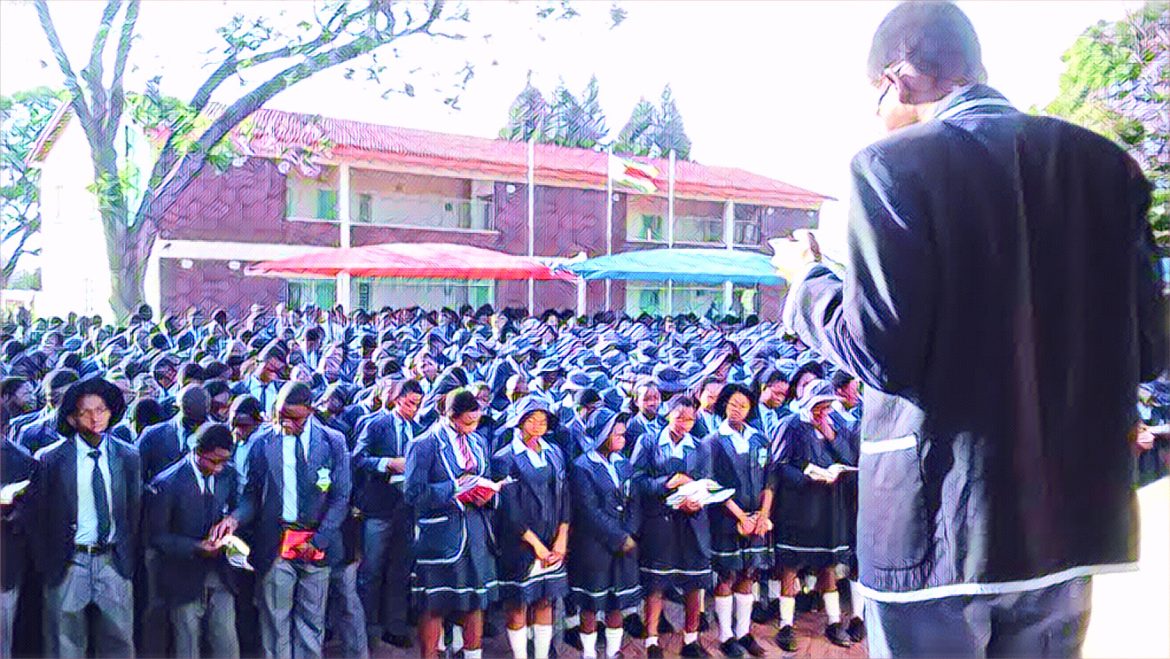In a significant move to uphold educational equity, the Zimbabwean government has charged 23 schools across the country with various offenses relating to fee demands. The charges range from turning away learners over a $5 toilet fee, demanding $20 for monthly extra lessons, conducting illegal extra lessons, and insisting on exclusive US dollar fee payments.
The schools facing these charges include Parirewa Primary and Secondary, Allan Wilson High School, Chinhoyi 2 High, and several others. These institutions have been accused of hiking fees without government approval and penalizing students for their inability to pay.
During a fact-finding tour of schools in Harare, the Minister of Primary and Secondary Education, Torerai Moyo, reinforced the government’s stance that no learner should be turned away due to non-payment of school fees. Moyo’s visits to Oriel Boys High School, Eastridge Primary School, and Makomo Primary School highlighted the government’s commitment to ensuring that educational access is not hindered by financial constraints.
According to a report by Newsday, Moyo emphasized the separation of contractual obligations, stating, “The contract for examinations is between the Zimbabwe Schools Examination Council and learners (candidates); on school fees, the contract is between parents or guardians and the school.” He further clarified that schools should not withhold examination results or deny access to education because of unpaid fees, urging schools to seek alternative ways to secure tuition fees without penalizing students.
The minister’s visit comes as schools open for the 2024 first term, operating under a set of scrutinized guidelines. Moyo also addressed the issue of schools selling uniforms on their premises, advising that while schools can offer uniforms, they should not compel parents to purchase them, especially if they are priced unreasonably.
This development follows an incident last year where a parent’s decision to purchase uniforms outside the school led to the termination of his children’s enrollment. The minister’s directives reflect a broader effort to make education more accessible and affordable for all Zimbabwean families.
Teachers, who have previously engaged in job action for better salaries, reported for duty in many schools, marking a departure from the previous terms’ disruptions.
This government intervention signals a robust approach to ensuring fair educational practices and highlights the ongoing challenges in balancing school operational costs with the rights of students to accessible education.


